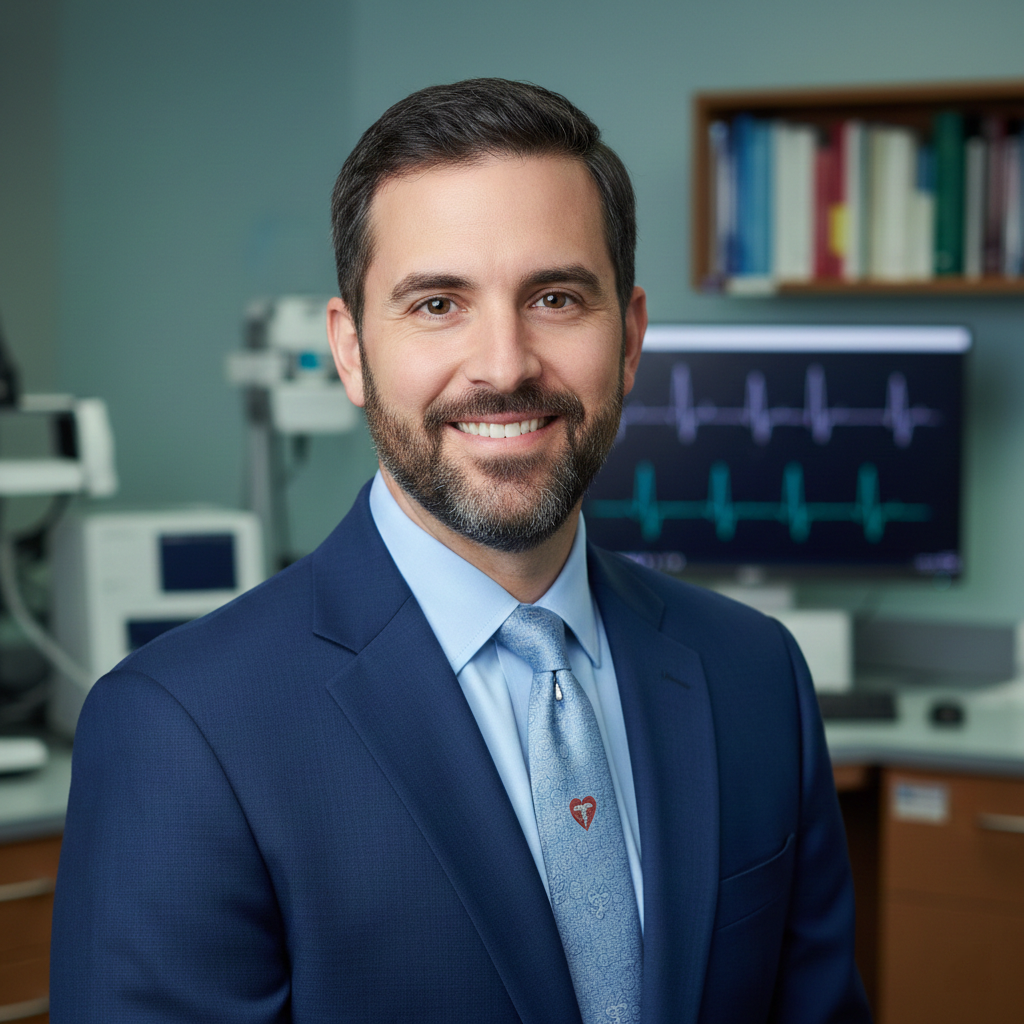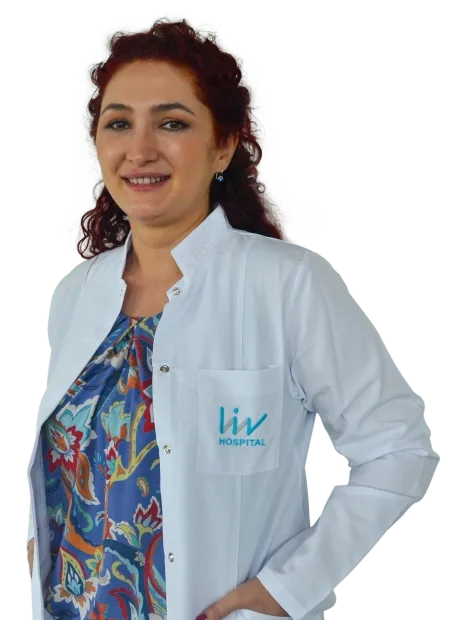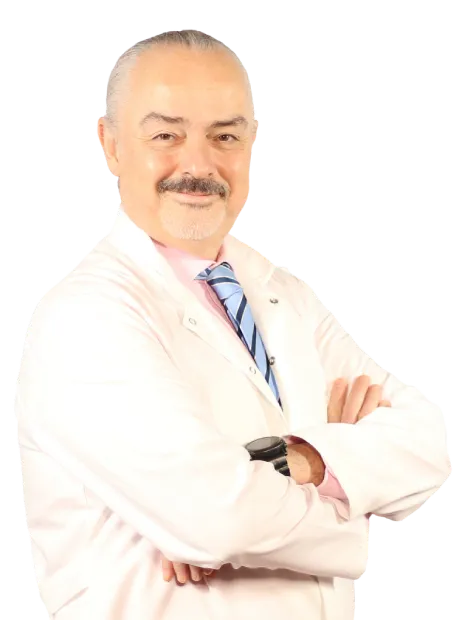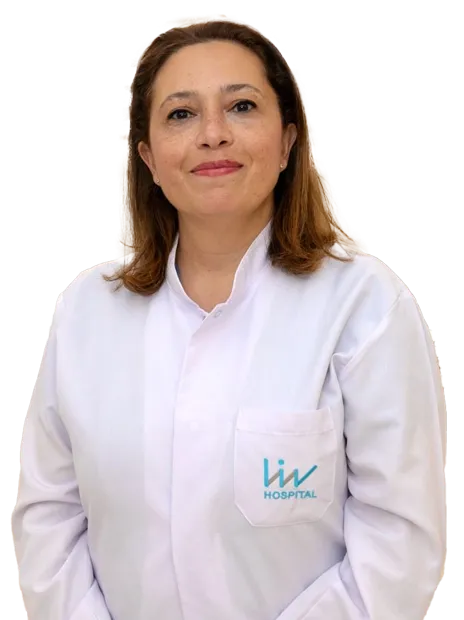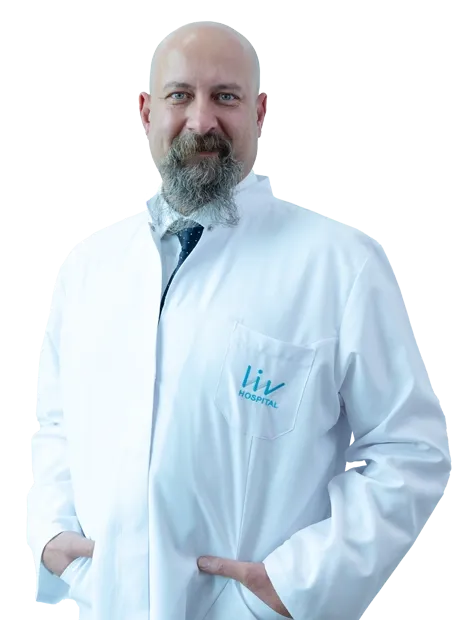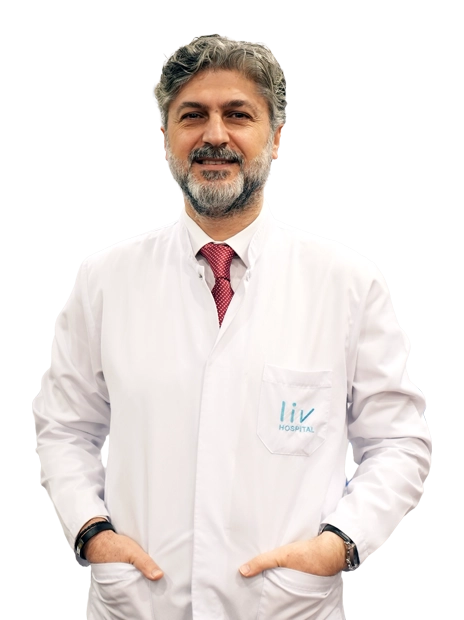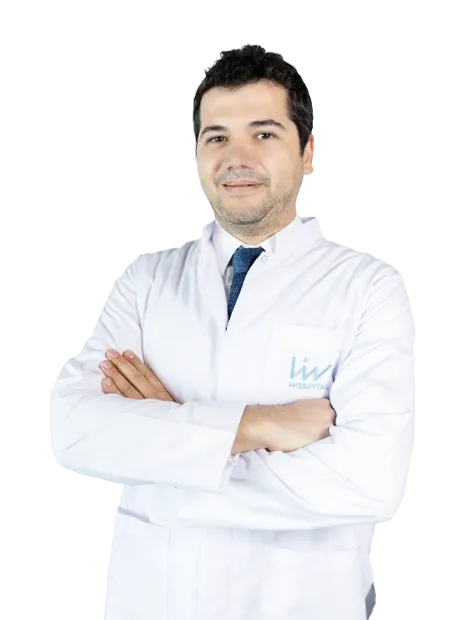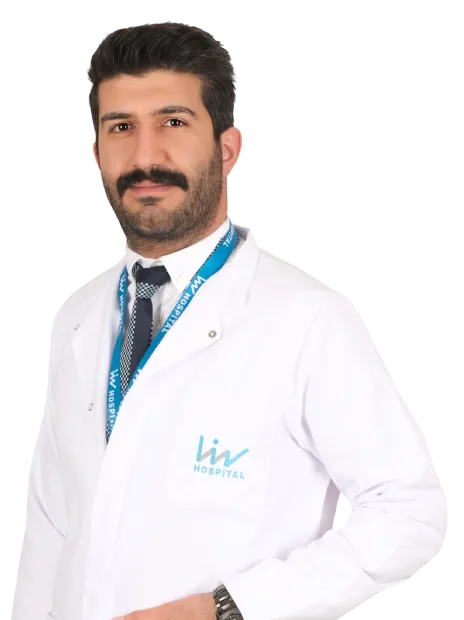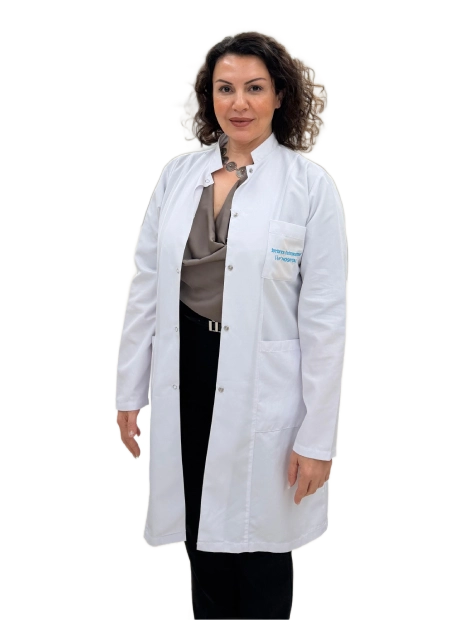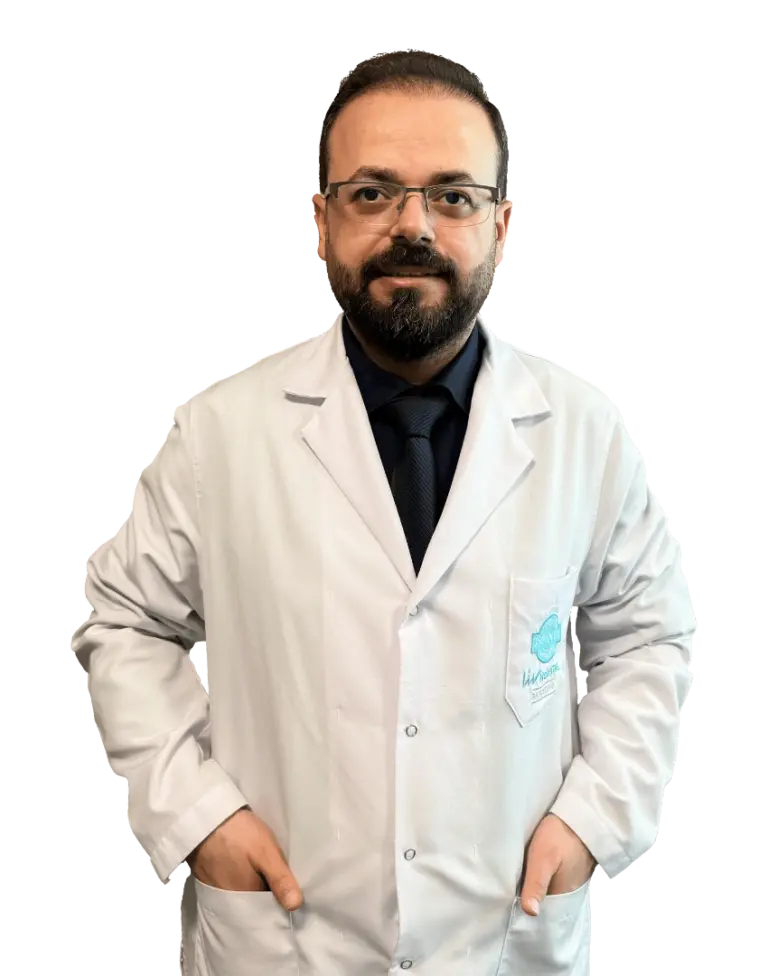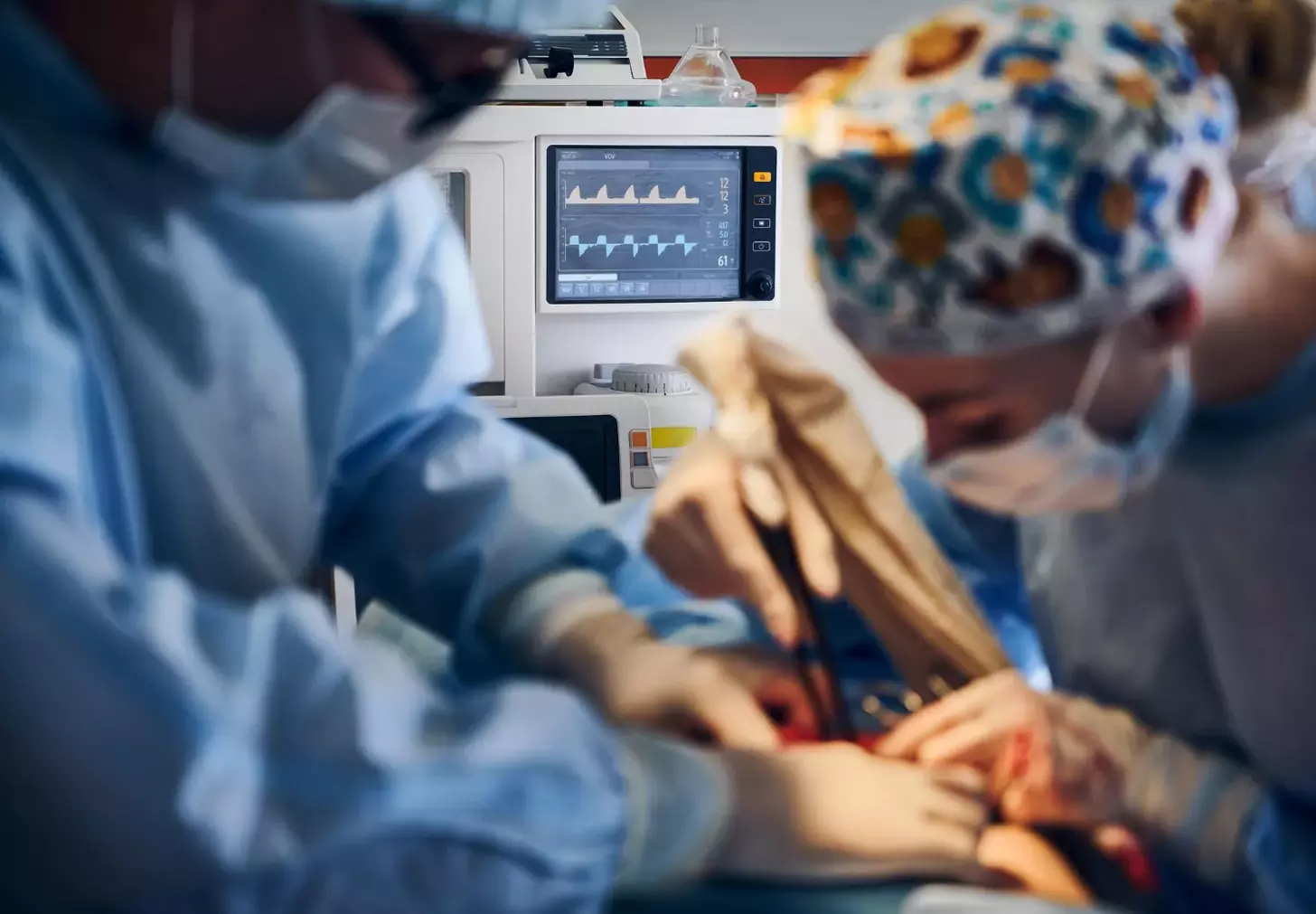
Undergoing heart valve replacement surgery can be a daunting experience, but understanding the procedure’s duration and seriousness can ease concerns. At Liv Hospital, we prioritize patient safety, comfort, and optimal outcomes.
The duration of valve replacement surgery typically ranges from 2 to 6 hours, depending on the complexity of the procedure and the patient’s condition. Advances in medical technology, such as those seen in transcatheter tricuspid valve replacement (TTVR) at the University of Vermont Medical Center, have improved treatment options.
We recognize that patients may have concerns about the seriousness of the procedure. Our team is dedicated to providing comprehensive care and support throughout the treatment process.
Key Takeaways
- Heart valve replacement surgery duration varies from 2 to 6 hours.
- The procedure’s complexity and patient’s condition influence the surgery time.
- Advances in medical technology have improved treatment options.
- Liv Hospital prioritizes patient safety, comfort, and optimal outcomes.
- Comprehensive care and support are provided throughout the treatment process.
Understanding Heart Valve Disease and Replacement Options
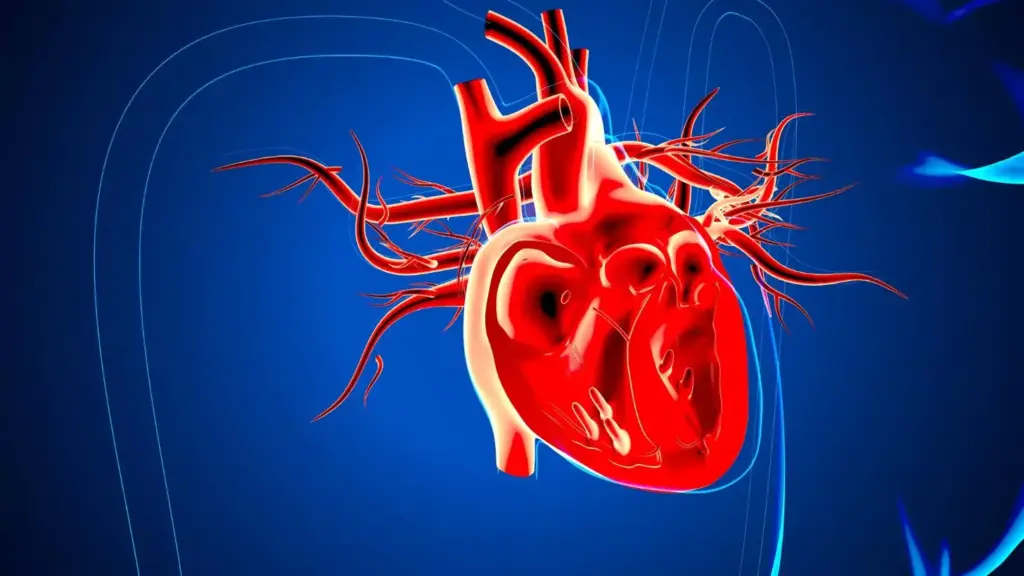
Understanding heart valve disease is essential for patients to make informed decisions about their treatment, including the possibility of valve replacement surgery. Heart valve disease encompasses various conditions that affect the heart’s valves, which are crucial for maintaining proper blood flow.
The Function of Heart Valves in Cardiovascular Health
The heart contains four valves: the mitral, tricuspid, pulmonary, and aortic valves. These valves ensure that blood flows in one direction through the heart, preventing backflow and maintaining efficient circulation. Proper valve function is vital for overall cardiovascular health, as it prevents complications such as fatigue, swelling, and shortness of breath.
Common Valve Disorders Requiring Surgical Intervention
Several valve disorders can necessitate surgical intervention, including:
- Mitral valve regurgitation
- Aortic stenosis
- Tricuspid valve regurgitation
Tricuspid valve regurgitation is a condition where the tricuspid valve does not close properly, allowing blood to leak backward into the heart. This can lead to symptoms such as fatigue, swelling in the legs, and shortness of breath. Early diagnosis and treatment are critical to managing these conditions effectively.
| Valve Disorder | Symptoms | Treatment Options |
|---|---|---|
| Mitral Valve Regurgitation | Fatigue, shortness of breath | Medication, surgery |
| Aortic Stenosis | Chest pain, fainting | Valve replacement surgery |
| Tricuspid Valve Regurgitation | Fatigue, swelling | Medication, surgical repair or replacement |
When Valve Replacement Becomes Necessary
Valve replacement surgery becomes necessary when a valve is severely damaged and cannot be repaired. This decision is typically made after thorough evaluation and diagnosis by a healthcare professional. The goal of valve replacement is to restore normal heart function and improve the patient’s quality of life.
By understanding the function of heart valves, common disorders, and the necessity of replacement, patients can better navigate their treatment options and make informed decisions about their care.
Types of Heart Valve Replacement Procedures
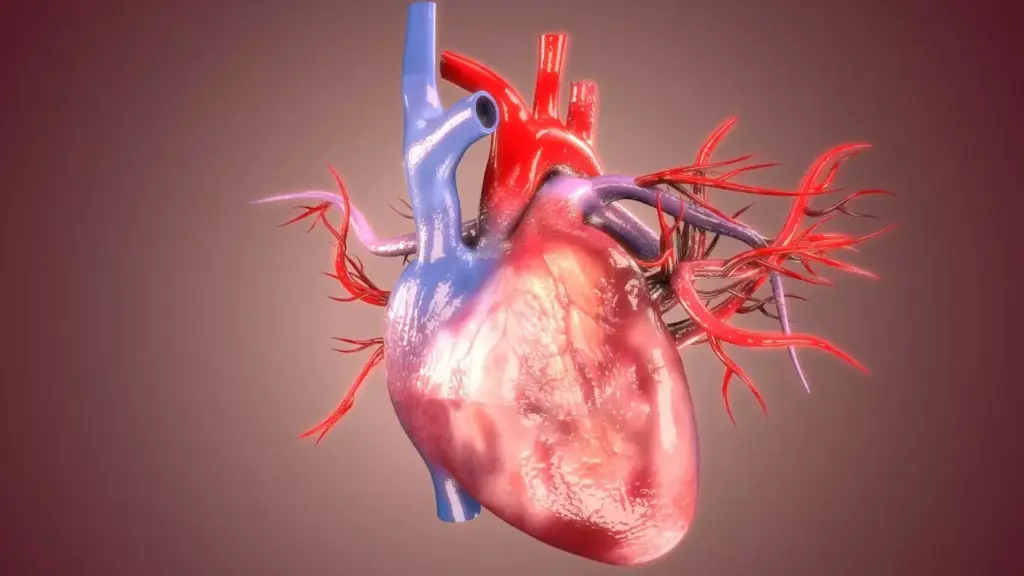
Advancements in cardiac surgery have led to multiple heart valve replacement techniques, each with its own benefits and considerations. We will explore the various types of heart valve replacement procedures, helping patients understand their options.
Traditional Open Heart Valve Surgery
Traditional open heart valve surgery involves a sternotomy, where the surgeon makes an incision through the sternum to access the heart. This method allows for direct visualization and manipulation of the heart valves. While it’s a more invasive approach, it remains a highly effective and commonly used technique for valve replacement.
Key aspects of traditional open heart surgery include:
- A larger incision to access the heart
- Use of a heart-lung machine to maintain circulation during surgery
- Direct visualization of the heart valves
- Potential for longer recovery time compared to minimally invasive procedures
Minimally Invasive Surgical Approaches
Minimally invasive heart valve surgery involves smaller incisions, reducing tissue damage and promoting faster recovery. These techniques are designed to minimize the trauma associated with traditional open-heart surgery.
Benefits of minimally invasive approaches:
- Smaller incisions, resulting in less scarring
- Less post-operative pain
- Shorter hospital stays
- Faster return to normal activities
Transcatheter tricuspid valve replacement (TTVR) is a promising minimally invasive procedure for treating tricuspid valve regurgitation. This technique involves delivering a new valve through a catheter, avoiding the need for open-heart surgery.
Transcatheter Aortic Valve Replacement (TAVR)
TAVR is a revolutionary, minimally invasive procedure for replacing the aortic valve. It’s particularly beneficial for patients who are at high risk for complications from open-heart surgery.
Key features of TAVR:
- Performed through a catheter, typically inserted via an artery in the leg
- Avoids the need for a sternotomy or cardiopulmonary bypass
- Often results in shorter recovery times
- Offers a viable option for patients considered high-risk for traditional surgery
Mechanical vs. Biological Valve Options
When undergoing heart valve replacement, patients must choose between mechanical and biological valves. Each type has its advantages and disadvantages.
| Valve Type | Characteristics | Considerations |
|---|---|---|
| Mechanical Valves | Durable, long-lasting | Requires lifelong anticoagulation therapy, potential for mechanical failure |
| Biological Valves | Less likely to require anticoagulation, more natural function | May have limited durability, potential need for future replacement |
The choice between mechanical and biological valves depends on various factors, including the patient’s age, lifestyle, and overall health condition. We work closely with patients to determine the most suitable valve option for their specific needs.
How Long Does Heart Valve Replacement Operation Take
The duration of heart valve replacement surgery is a common concern for patients undergoing this life-saving procedure. We understand that knowing what to expect can help alleviate anxiety and prepare you for the journey ahead.
Duration of Traditional Open Heart Valve Surgery
Traditional open heart valve surgery typically takes between 3 to 6 hours to complete. This timeframe includes preparation for the surgery, the operation itself, and the initial recovery period in the operating room. The complexity of the case, the patient’s overall health, and the surgical team’s experience can all influence the exact duration.
Timeframe for Minimally Invasive Procedures
Minimally invasive heart valve replacement procedures are less complex and generally take less time than traditional open heart surgery. These surgeries usually last between 1.5 to 2 hours. The reduced duration is due to smaller incisions, less tissue damage, and often, a more straightforward surgical approach.
Factors That Influence Surgery Duration
Several factors can influence the duration of heart valve replacement surgery. These include:
- The patient’s overall health and presence of any comorbidities
- The complexity of the valve disease and the specific valve(s) involved
- The type of valve replacement (mechanical vs. biological)
- The surgical team’s experience with the specific procedure
- Any unexpected complications that may arise during surgery
Understanding these factors can help patients better prepare for their surgery and what to expect during their hospital stay.
| Surgery Type | Typical Duration | Factors Influencing Duration |
|---|---|---|
| Traditional Open Heart Valve Surgery | 3-6 hours | Complexity of the case, patient’s health, surgical team’s experience |
| Minimally Invasive Heart Valve Surgery | 1.5-2 hours | Smaller incisions, less tissue damage, straightforward approach |
By understanding the factors that influence surgery duration and the typical timeframe for different types of heart valve replacement surgeries, patients can better prepare themselves for the procedure and the recovery process that follows.
The Hospital Experience and Timeline
The hospital journey for heart valve replacement involves several stages, from pre-operative preparation to post-operative care. Understanding this process can help alleviate anxiety and ensure that patients are well-prepared for their surgery and recovery.
Pre-Operative Preparation and Testing
Before undergoing heart valve replacement surgery, patients typically undergo a series of tests and preparations. These may include:
- Blood tests to check for any infections or blood disorders
- Imaging tests such as echocardiograms or CT scans to assess heart function
- Electrocardiograms (ECGs) to evaluate heart rhythm
- Consultations with cardiologists and surgeons to discuss the procedure and address any concerns
Pre-operative preparation is crucial for a successful surgery. Patients are advised to follow specific instructions provided by their healthcare team, which may include dietary restrictions, medication adjustments, and lifestyle changes.
The Day of Surgery: What to Expect
On the day of surgery, patients can expect to:
- Arrive at the hospital a few hours before the scheduled surgery time
- Undergo final preparations, including changing into a hospital gown and receiving anesthesia
- Be taken to the operating room where the surgical team will perform the heart valve replacement
The surgical team will closely monitor the patient’s vital signs throughout the procedure to ensure their safety.
Post-Operative Care in Intensive Care Unit
After the surgery, patients are taken to the Intensive Care Unit (ICU) for close monitoring. The ICU staff will:
- Monitor vital signs and manage pain
- Provide oxygen therapy if necessary
- Administer medications to prevent complications
Post-operative care in the ICU is critical for recovery. The medical team will closely observe the patient’s condition, addressing any issues promptly.
Average Length of Hospital Stay
The average length of hospital stay for heart valve replacement surgery varies, but most patients stay for 5 to 7 days. This duration allows for adequate recovery and monitoring for any potential complications.
| Procedure | Average Hospital Stay |
|---|---|
| Traditional Open Heart Valve Surgery | 7-10 days |
| Minimally Invasive Valve Surgery | 5-7 days |
| Transcatheter Aortic Valve Replacement (TAVR) | 2-5 days |
Patients who undergo TAVR are typically back home within a few days of their procedure, highlighting the benefits of minimally invasive techniques.
Recovery Process After Heart Valve Replacement
The recovery process following heart valve replacement surgery is a critical phase that requires careful management and patience. As we guide you through this journey, it’s essential to understand the various stages involved and what to expect during each phase.
Immediate Recovery Period
Immediately after surgery, patients are closely monitored in the intensive care unit (ICU) for a day or two. During this time, medical staff will be managing pain, monitoring for any complications, and ensuring that the patient is stable enough to be transferred to a regular hospital room.
Once moved to a regular room, patients typically stay in the hospital for several days to a week. During this period, healthcare providers will continue to monitor the patient’s condition, manage pain, and begin the process of getting the patient mobile again.
Long-Term Recovery Timeline
Full recovery from heart valve replacement surgery can take up to 2-3 months for open procedures. During this time, patients can expect their energy levels to gradually increase, and they will be able to return to their normal activities gradually.
| Recovery Stage | Timeline | Expected Outcomes |
|---|---|---|
| Immediate Recovery | First few weeks | Gradual improvement in condition, initial healing |
| Short-Term Recovery | 6-8 weeks | Increased mobility, reduction in pain |
| Long-Term Recovery | 2-3 months | Full recovery, return to normal activities |
Rehabilitation and Physical Therapy Requirements
Rehabilitation plays a crucial role in the recovery process after heart valve replacement surgery. Patients are encouraged to participate in cardiac rehabilitation programs, which include physical therapy, dietary counseling, and stress management.
Physical therapy helps patients regain strength and mobility, improving their overall cardiovascular health. The specific requirements for rehabilitation will vary depending on the individual’s condition and the type of surgery performed.
Returning to Normal Activities and Work
As patients progress through their recovery, they will be able to gradually return to their normal activities. This includes returning to work, engaging in physical activities, and resuming social interactions.
The timeframe for returning to work varies depending on the nature of the job and the individual’s recovery progress. Generally, patients with desk jobs may return to work within 4-6 weeks, while those with more physically demanding jobs may need up to 3 months or more to fully recover.
Seriousness and Risks of Heart Valve Replacement Surgery
When considering heart valve replacement, understanding the potential risks is crucial. Heart valve replacement surgery is a major operation that, while lifesaving, carries significant risks that patients must be aware of. We will examine these risks in detail, providing a comprehensive understanding of what to expect.
Common Complications and Their Frequency
Heart valve replacement surgery, like any major surgery, comes with potential complications. These can include infection, blood clots, stroke, and heart rhythm issues. The frequency of these complications varies based on several factors, including the patient’s overall health and the type of valve replacement used.
- Infection: As with any surgery, there’s a risk of infection with heart valve replacement.
- Blood Clots: Patients are at risk of developing blood clots, which can lead to stroke or other serious conditions.
- Stroke: The risk of stroke is a significant concern, particularly in the period immediately following surgery.
- Heart Rhythm Issues: Arrhythmias or other heart rhythm disturbances can occur after valve replacement surgery.
Mortality Rates and Risk Assessment
Mortality rates for heart valve replacement surgery vary based on several factors, including the patient’s age, overall health, and the specific valve being replaced. We assess these risks carefully to provide patients with a clear understanding of their individual risk profile.
Mortality Rate Statistics: Studies have shown that the mortality rate for heart valve replacement surgery ranges from 2% to 5% for patients under normal risk conditions.
How Age and Pre-existing Conditions Affect Outcomes
Age and pre-existing health conditions play a significant role in determining the outcome of heart valve replacement surgery. Older patients or those with multiple health issues may face higher risks during and after surgery.
Comparing Heart Valve Replacement to Other Cardiac Procedures
When considering cardiac surgery, understanding the differences between heart valve replacement and other procedures is crucial. As we explore the landscape of cardiac interventions, comparing heart valve replacement to other treatments like heart bypass surgery and valve repair can provide valuable insights for patients and healthcare providers alike.
Heart Valve Replacement vs. Heart Bypass Surgery: Risk Comparison
Heart valve replacement and heart bypass surgery are two distinct cardiac procedures that address different heart conditions. While heart valve replacement focuses on correcting valve disorders, heart bypass surgery aims to improve blood flow to the heart by bypassing blocked coronary arteries.
The risks associated with these procedures can vary based on individual patient factors, including overall health, age, and the presence of other medical conditions. Generally, both procedures carry risks such as bleeding, infection, and adverse reactions to anesthesia.
| Procedure | Typical Risk Factors | Common Complications |
|---|---|---|
| Heart Valve Replacement | Age, valve disease severity, other heart conditions | Bleeding, infection, valve dysfunction |
| Heart Bypass Surgery | Coronary artery disease severity, previous heart surgeries, overall health | Infection, bleeding, graft failure |
Valve Repair vs. Valve Replacement: Benefits and Drawbacks
When it comes to treating heart valve disorders, both valve repair and valve replacement are considered. Valve repair involves fixing the existing valve, while valve replacement involves substituting it with a mechanical or biological valve.
Valve repair benefits include preserving the patient’s native valve tissue, potentially lower risk of complications, and avoiding long-term anticoagulation therapy in some cases. However, not all valve conditions can be effectively treated with repair, and the durability of the repair can vary.
Valve replacement offers a more definitive solution for severe valve disease, with a wide range of valve options available. However, it involves more extensive surgery and may require long-term anticoagulation therapy, especially with mechanical valves.
Combined Procedures: When Multiple Interventions Are Needed
In some cases, patients may require multiple cardiac interventions during a single surgery. This can include combining heart valve replacement with heart bypass surgery or other procedures.
Combined procedures can be beneficial for patients with multiple cardiac issues, potentially reducing the need for future surgeries and recovery periods. However, they can also increase the complexity and risk of the overall surgical intervention.
Our surgical team carefully evaluates each patient’s condition to determine the most appropriate treatment plan, whether it involves a single procedure or a combination of interventions.
Preparing for Heart Valve Replacement Surgery
Heart valve replacement surgery requires thorough preparation, including medical evaluations, lifestyle adjustments, and mental preparation. As we guide you through this process, we aim to ensure that you’re well-prepared for the procedure and the subsequent recovery.
Medical Evaluations and Tests Before Surgery
Before undergoing heart valve replacement surgery, we conduct a series of medical evaluations and tests to assess your overall health and the condition of your heart. These may include:
- Echocardiogram to evaluate heart function and valve condition
- Electrocardiogram (ECG) to assess heart rhythm
- Cardiac catheterization to examine coronary arteries
- Blood tests to check for infections or other conditions
- Imaging tests such as chest X-rays or CT scans
These tests help us identify any potential risks and develop a personalized surgical plan.
Lifestyle Adjustments Prior to Operation
Making certain lifestyle adjustments before surgery can significantly impact your recovery and overall outcome. We recommend:
- Quitting smoking to improve lung function and reduce complications
- Maintaining a healthy diet to optimize your nutritional status
- Engaging in moderate exercise to improve cardiovascular health
- Managing stress through relaxation techniques or therapy
These adjustments not only prepare your body for surgery but also contribute to a smoother recovery.
Mental and Emotional Preparation
Preparing mentally and emotionally for heart valve replacement surgery is just as important as physical preparation. We encourage patients to:
- Discuss their fears and concerns with their healthcare team
- Seek support from family, friends, or support groups
- Practice relaxation techniques such as meditation or deep breathing
- Stay informed about the procedure and what to expect
By addressing the emotional aspects of surgery, we can help reduce anxiety and promote a more positive experience.
Questions to Ask Your Surgical Team
As you prepare for heart valve replacement surgery, it’s essential to have open and honest communication with your surgical team. Some questions to consider asking include:
- What are the specific risks and benefits associated with my surgery?
- What type of valve will be used, and why?
- What is the expected recovery time, and what kind of support will I need?
- Are there any specific post-operative instructions I should be aware of?
By asking these questions, you can better understand the process and feel more confident in your decision.
Conclusion: Weighing the Benefits and Risks of Heart Valve Surgery
Heart valve replacement surgery is a significant medical procedure that can greatly improve the quality of life for individuals with heart valve disease. As we have discussed, the benefits of heart valve surgery include improved heart function, reduced symptoms, and enhanced overall well-being.
However, like any major surgery, heart valve replacement carries risks, including complications during and after the procedure. Modern advances in surgical techniques, such as catheter-based and minimally invasive approaches, have reduced procedural time and risk, making the operation safer for most patients.
When weighing the benefits and risks of heart valve surgery, it’s essential to consider individual factors, including overall health, the severity of valve disease, and the presence of other medical conditions. By understanding these factors and discussing them with a healthcare provider, patients can make informed decisions about their treatment.
Ultimately, heart valve replacement surgery can be a life-changing procedure for those who require it. By carefully evaluating the benefits of heart valve surgery and the associated risks of heart valve surgery, patients can confidently navigate their treatment journey and achieve a better quality of life.
How long does heart valve replacement surgery take?
The duration of heart valve replacement surgery varies depending on the type of procedure. Traditional open heart surgery typically takes 3-6 hours, while minimally invasive procedures can take 1.5-2 hours.
Is heart valve replacement surgery serious?
Yes, heart valve replacement surgery is a serious procedure, but with proper care and preparation, many patients have successful outcomes. The seriousness of the surgery depends on individual factors, such as overall health and the complexity of the procedure.
What are the risks associated with heart valve replacement surgery?
Common complications include bleeding, infection, and stroke. Mortality rates vary depending on age, pre-existing conditions, and the type of procedure. We assess individual risks and take steps to mitigate them.
How long is the recovery period after heart valve replacement surgery?
The immediate recovery period typically lasts a few weeks, while the long-term recovery timeline can take 2-3 months. Rehabilitation and physical therapy are essential for a smooth recovery.
What is the difference between mechanical and biological valve options?
Mechanical valves are durable but require lifelong anticoagulation therapy. Biological valves have a limited lifespan but may not require anticoagulation. We help determine the most suitable valve option for each patient’s condition.
How does heart valve replacement compare to heart bypass surgery?
Both procedures are serious, but the risks and benefits differ. Heart valve replacement is typically performed to address valve disorders, while heart bypass surgery is used to treat coronary artery disease.
What is transcatheter aortic valve replacement (TAVR)?
TAVR is a minimally invasive procedure used to replace the aortic valve. It is typically recommended for patients who are at high risk for traditional open heart surgery.
How can I prepare for heart valve replacement surgery?
Preparation includes medical evaluations, lifestyle adjustments, mental and emotional preparation, and asking questions to your surgical team. We provide guidance on preparing for a successful surgery and recovery.
What is the average length of hospital stay after heart valve replacement surgery?
The average hospital stay is typically several days to a week, depending on individual recovery and any potential complications.
Can I return to normal activities after heart valve replacement surgery?
Yes, most patients can return to normal activities and work after a successful recovery. We provide guidance on rehabilitation and physical therapy to ensure a smooth transition.
What are the benefits of valve replacement surgery?
Valve replacement surgery can improve symptoms, quality of life, and overall survival. We weigh the benefits and risks of the procedure to determine the best course of treatment for each patient.
References:
- Heart. (n.d.). Recovery and healthy living goals for heart valve patients. https://www.heart.org/en/health-topics/heart-valve-problems-and-disease/recovery-and-healthy-living-goals-for-heart-valve-patients


